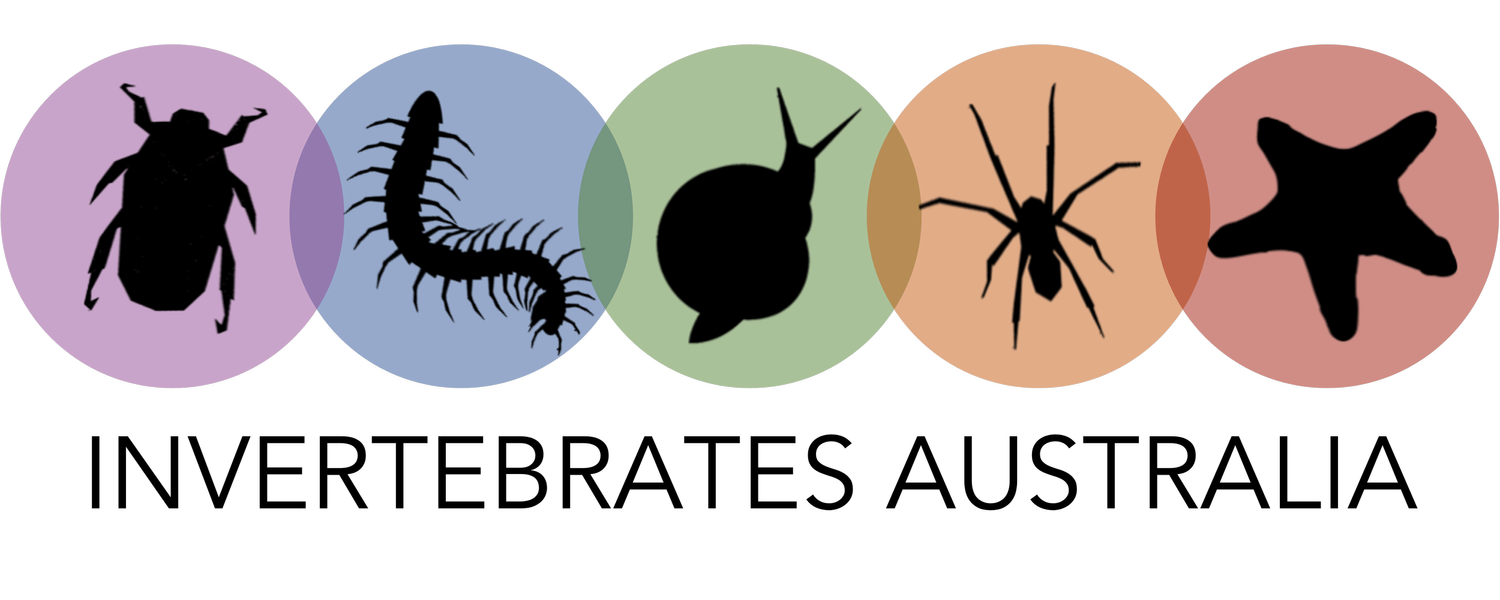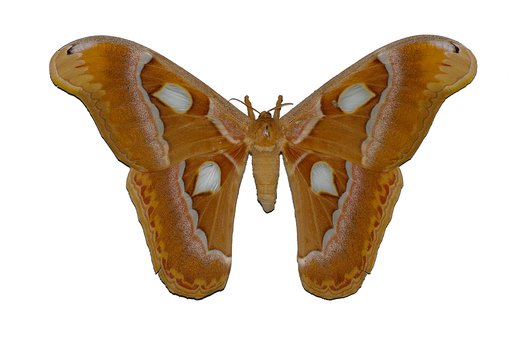The Threatened One Thousand
Australia is home to almost 1,000 threatened invertebrates. These threatened species live in every city and state, and include bees, snails, butterflies, spiders, sea cucumbers, corals, crayfish and more! That’s a big problem because these creatures are essential for human health and nature to function, and their decline is a hidden but serious threat to Australia’s natural heritage.
The good news is there are simple things we can all do that can make a huge difference to threatened and non-threatened invertebrates alike, and have a big impact on invertebrate conservation.
While all types of invertebrates are vulnerable, the following orders currently have the highest percentage of threatened species: corals, land snails, crabs & crayfish, freshwater snails, butterflies & moths, dragonflies, grasshoppers & crickets, spiders, and beetles.
How can I help threatened invertebrates?
Everyday Actions
Plant some native flowers – even a small balcony garden can help local pollinators thrive.
Skip the sprays – choose natural pest solutions and give bugs a safe space.
Pick up litter near waterways – every bit helps protect aquatic invertebrates.
Make sustainable consumer choices.
Awareness, Education and Citizen Science
Learn about the hidden invertebrates in your area – chances are, some are endangered.
Share a bug fact today – you might spark someone’s curiosity!
Become a citizen scientist – help track species by uploading your sightings.
Join a local conservation group – real change starts in your own postcode.
Volunteer for habitat restoration projects and help invertebrates find a home.
Advocacy
Talk to your MP about funding for invertebrate conservation – your voice matters.
Support policies that protect biodiversity – even the tiniest lives count.
You can also donate or become a supporter of IA - the more supporters we have, the easier it is to demonstrate that people care about invertebrates when we advocate on their behalf
And remember, protecting invertebrates is easier than you think. Small actions have ripple effects.
Let’s meet some of the Threatened One Thousand…
Click on the images to learn more about each species!
Giant Velvet Worm (Tasmanipatus barretti)
Simson's Stag Beetle (Hoplogonus simsoni) Credit to Simon Grove
Miena Jewel Beetle (Castiarina insculpta). Credit to Simon Grove
Cauliflower Soft Coral (Dendronephthya australis). Credit to Meryl Larkin
Australian Atlas Moth (Attacus wardi). Credit to Australian Museum
Waterfall Redspot (Austropetalia patricia). Credit to Reiner Richter
Northern Katydid (Hemisa elongata). Credit to Nick Volpe
Peacock Spider (Maratus sarahae). Credit to Jurgen Otto
Giant Clam (Tridacna gigas). Credit to Kenny Wolfe











